Written by: Jorge Varela Márquez
Goldman Environmental Prize
Translated by: Mira Maude Chouinard
October 16th, World Food Day
After 6 years of discussion between global organized fishermen networks, civil society from all continents and the 139 Member States that form the FAO, FAO’s “Guidelines” on securing the sustainability of artisanal or small-scale fishing was approved, promoting food sovereignty, poverty eradication and the respect of human rights.
These “Guidelines” are addressed to the Member States of the FAO, such as Honduras. They acknowledge the importance of artisanal fishing in diet. They seek to contribute to the sustainable development of fishermen communities by means of fishing management and conservation of aquatic resources, and the respect of human rights, cultures, consultation and participation, transparency, accountability, biosocioeconomic sustainability, etc. Moreover, in this era of sustainable development, for the achievement of responsible fishing which provides food to millions of this Planet’s habitants, they establish: responsible governance of landholding; sustainable resource management; social development, employment and decent work; help to the value chain; gender equality; disaster and climate change risk. In these, the States commit to consider the elaboration and application of the Policies, strategies and participative and respectful juridical frameworks… and to promote artisanal fishermen communities’ economy and to improve global diet.
These “Guidelines” present a social, humanitarian aspect, and are an agreement of the government of Juan O. Hernandez (JOH), president of Honduras, before the national and international community. Nevertheless, his government is approving the Fishing and Aquaculture Law, which conflicts completely with these “guidelines” and with the diet of its people.
JOH’s government, far from considering FAO’s Guidelines, propels a law that, in essence, by means of “transfers”, minimizes or eliminates artisanal fishing; privatizes fishing, infringes upon aquatic biodiversity conservation; dispossesses Honduras of its marine and continental territories, donating them to national and international corporations; mocks citizen participation and consultation, trades the social and humanitarian content of the guidelines for a law that encourages greed and stockpiling of aquatic resources.
JOH, will remain, as the president of Honduras, the one who deprived it of its marine and continental territories… or as a patriot that recognized his error and fostered a fishing law, respectful of national sovereignty.

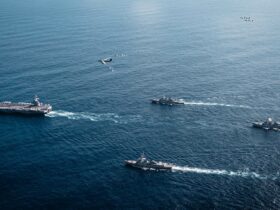
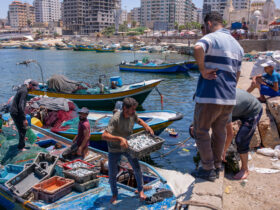
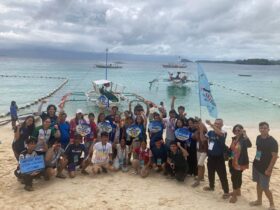
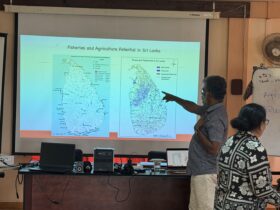
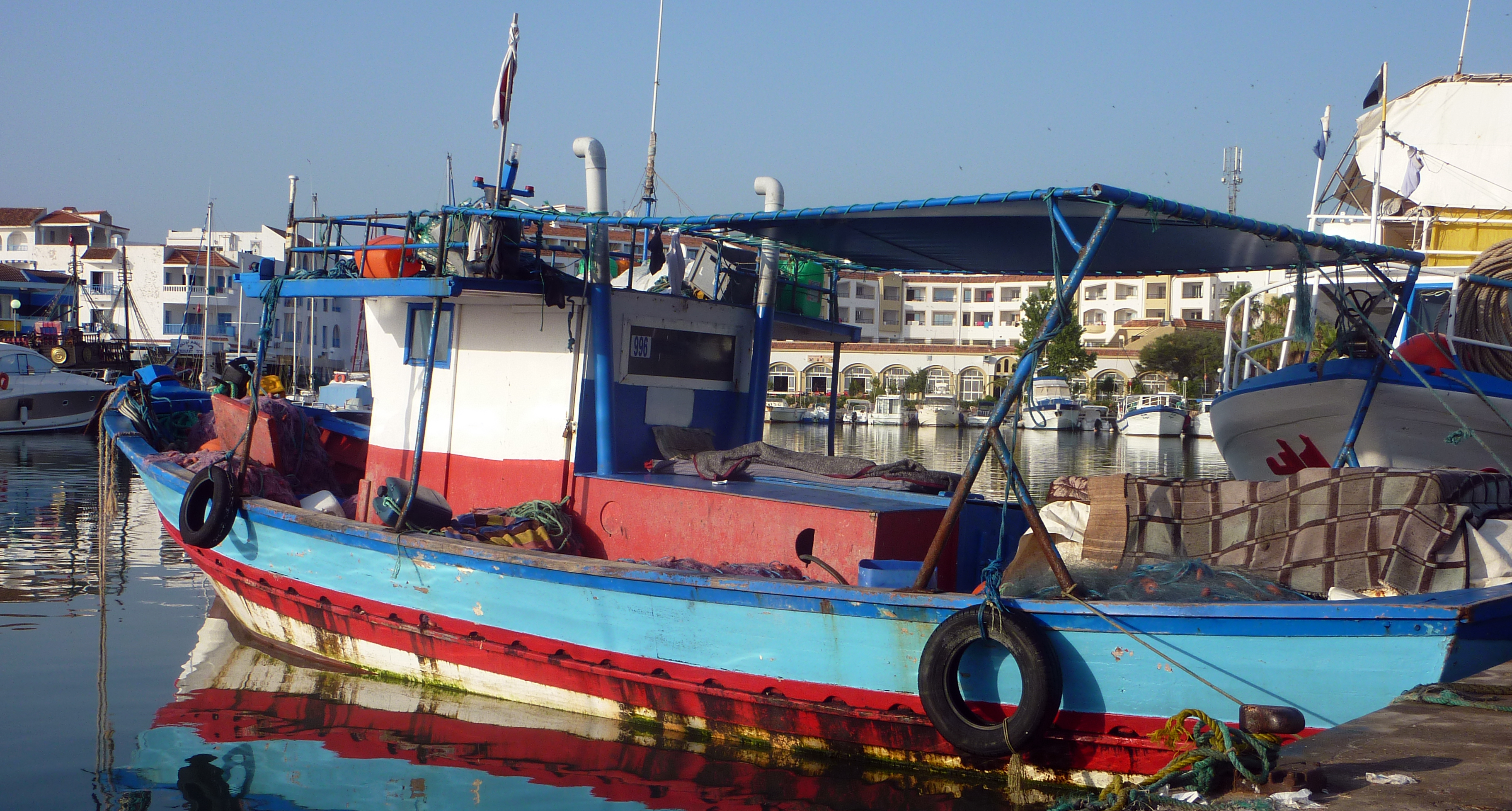
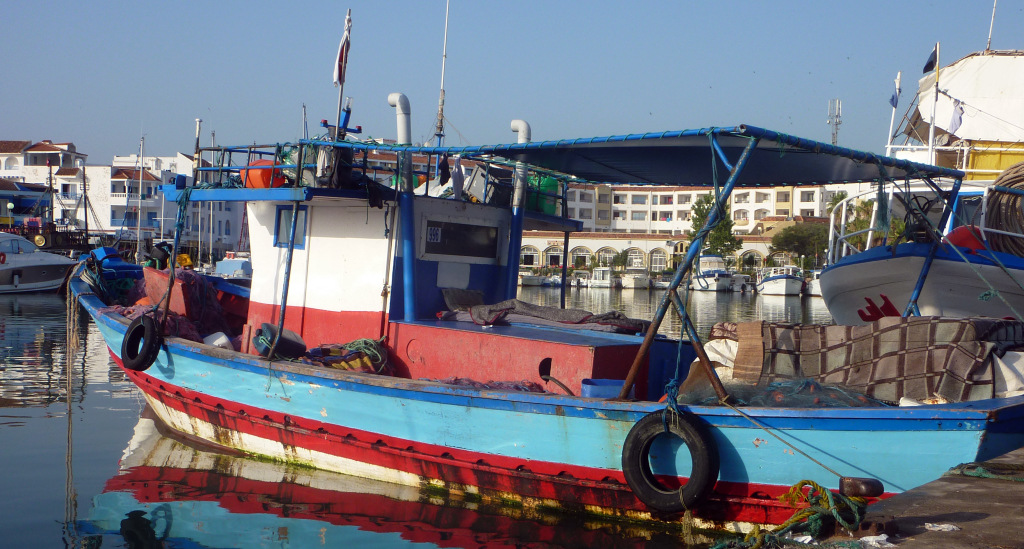
Leave a Reply